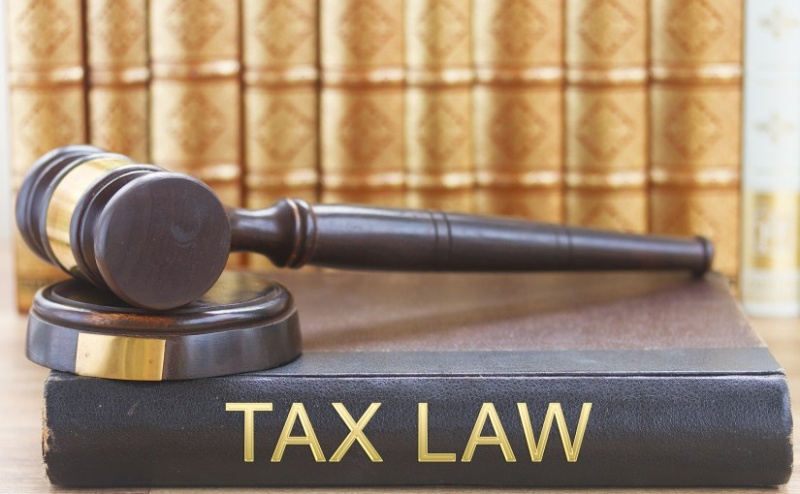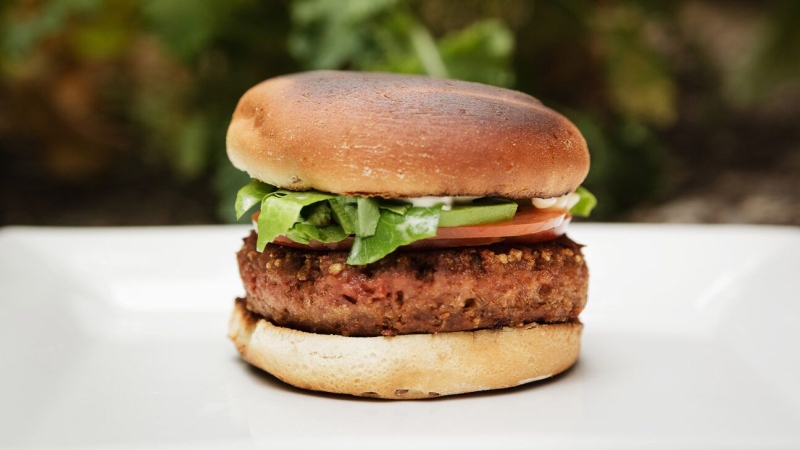On Monday, October 7, 2024, the U.S. Supreme Court declined to consider a petition for certiorari in United States ex rel. Hart v. McKesson Corp., Case No. 23-1293, where relator, Adam Hart (“Relator”), sought review of a Second Circuit decision upholding the dismissal of Relator’s complaint against pharmaceutical distributor, McKesson Corporation (“McKesson”).
The case involved allegations that McKesson violated the Anti-Kickback Statute (“AKS”), which prohibits offering, paying, soliciting, or receiving remuneration to induce the purchase of goods and services paid for by a federal health program. Relator, a former McKesson employee, filed a qui tam action, claiming McKesson provided valuable business management tools—valued at over $150,000—to oncology practices at no cost, in order to induce them to purchase oncology pharmaceuticals from McKesson.
The Second Circuit dismissed Relator’s federal claims, reasoning that the allegations failed to meet the mens rea (intent) element under the AKS. The Court held that, to act willfully under the AKS, a defendant must know that its conduct is unlawful, either under the AKS or other law. Since Relator’s allegations did not plausibly suggest McKesson acted with knowledge of illegality, his federal False Claims Act claims based on the federal AKS were dismissed.
The Supreme Court’s refusal to hear Relator’s case preserves the existing circuit split regarding the interpretation of “willfulness” under the AKS. The Second Circuit, along with the Eleventh Circuit, has adopted the view that the AKS is violated when a defendant intends to violate a legal standard. This contrasts with the Fifth Circuit, which interprets the mens rea element to prohibit acts done knowingly and willfully, as opposed to by mistake or accident, and the Eight Circuit, which requires intent to commit an act known to be wrongful, but not necessarily known to be unlawful.
As it stands, the unresolved split among the circuits on this critical issue remains, and providers should be mindful that, at least in the Second and Eleventh Circuits, the stricter interpretation of “willfulness” under the AKS will continue to apply.
© Polsinelli PC, Polsinelli LLP in California by: Edward F. Novak , Rebecca M. Hsu of Polsinelli PC For more news on Anti-Kickback Litigation, visit the NLR Health Law & Managed Care section.




